CTech 41 Mod 1.2 Silk Roads
1/88
There's no tags or description
Looks like no tags are added yet.
Name | Mastery | Learn | Test | Matching | Spaced |
|---|
No study sessions yet.
89 Terms
2nd century B.C.E. – 15th century
How long was the Nusantra (Silk Roads)?
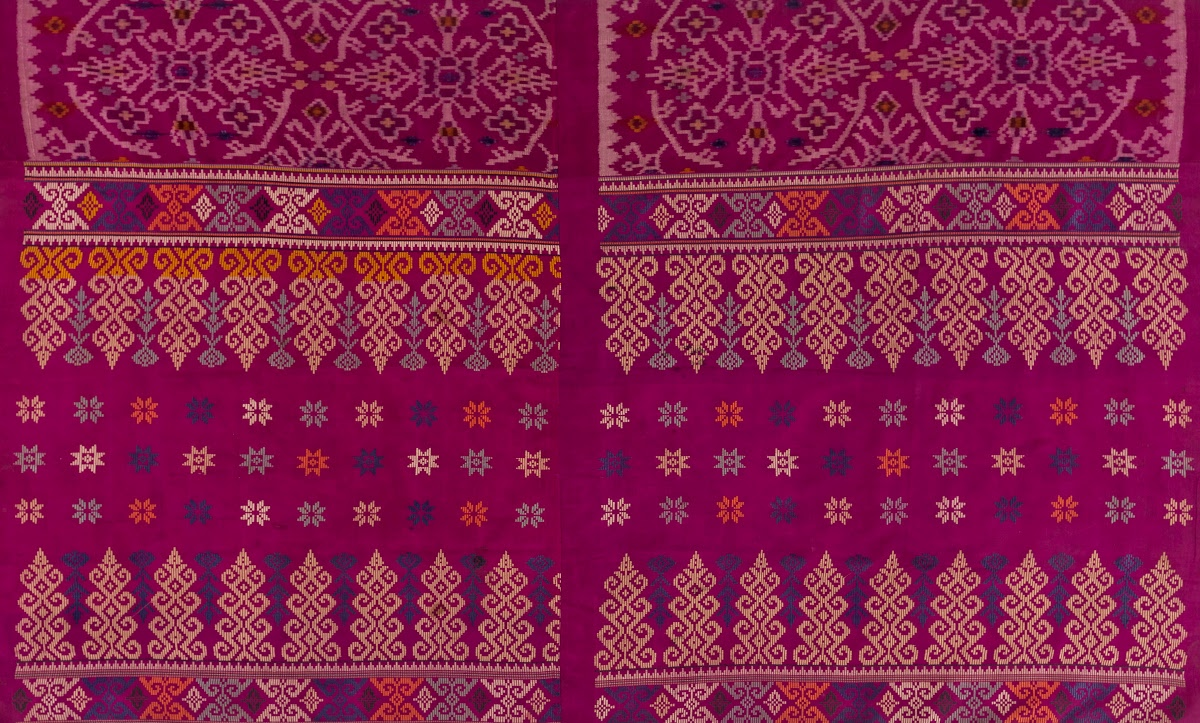
Malong a andon
Rarest type of malong due to its craftsmanship and material
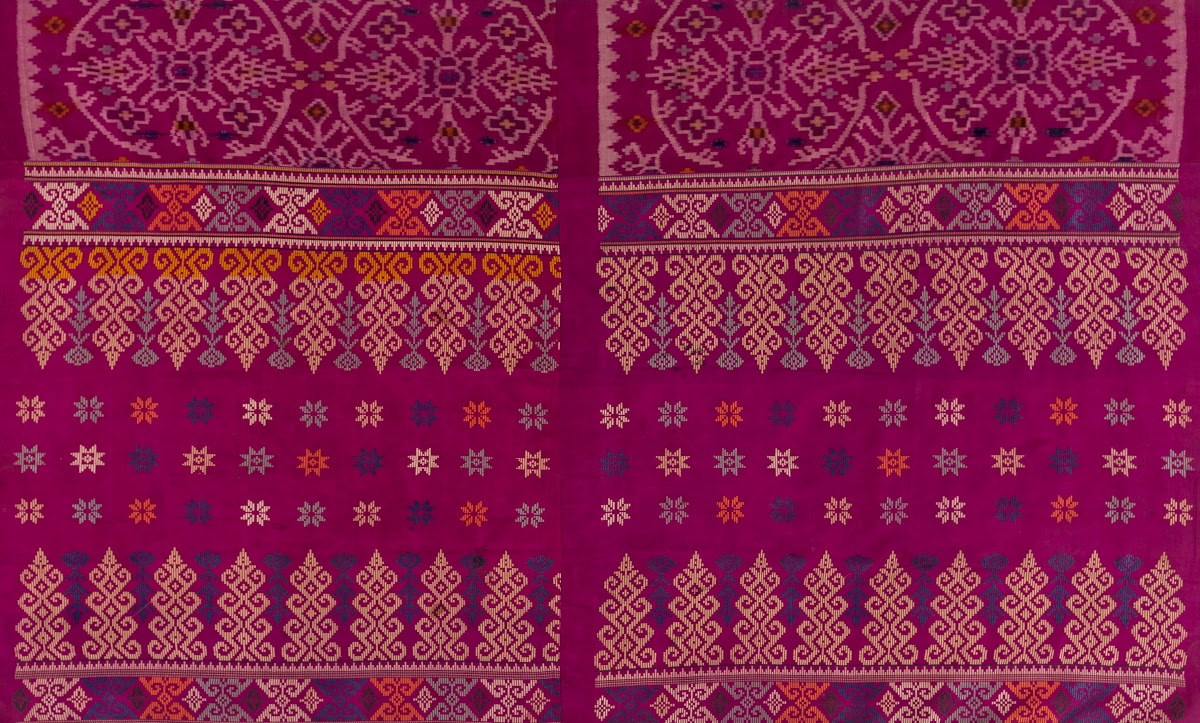
Maritime Silk Roads
Right in the middle, India dominated the Indian Ocean trade for centuries.
Its influence reached the Khmer kingdom and SEA archipelago (Nusantara)
The Indian Ocean had predictable monsoon winds, hence, ships was a favorable mode of transport, and they can carry loads of goods.
Why was the Maritime Silk Road more successful than the Silk Road?
Hindu-Buddhism
Through the cultural diffusion in the Maritime Silk Roads, what religion was India able to spread in Southeast Asia?
Cotton
was also a mystery to Europeans, and was a luxury good as well.
What fabric does India have that China doesn't have?
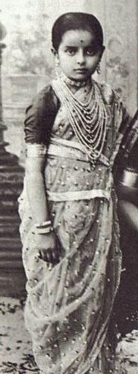
Sari
In India, there is a silk or cotton fabric that is draped over the body. What is it called?
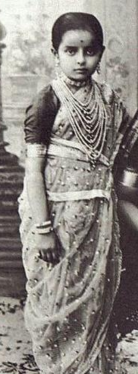

Bindi
is a coloured dot or, in modern times, a sticker worn on the centre of the forehead

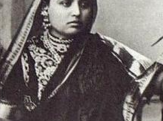
Kurti
It is a button-down top usally worn by Indian women
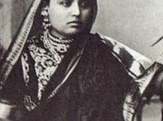
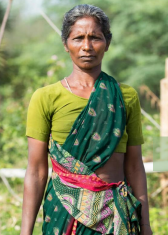
Choli
It is a cropped top usually worn by India
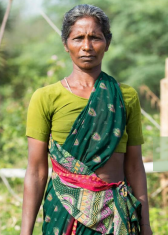
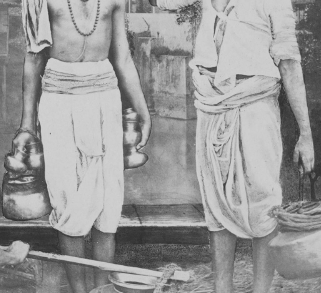
Dhoti
fabric covering for the lower body.
can be a skirt or pants
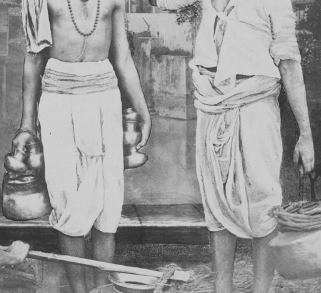
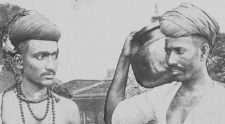
Pagri
It is a turban worn by men and women that is symbol of honor
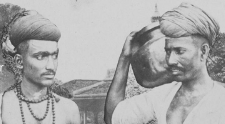
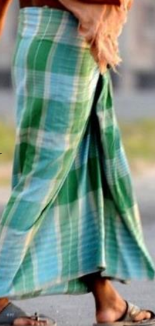
Lungi
men's skirt usually tied around the lower waist below the navel
has side seams, tubular
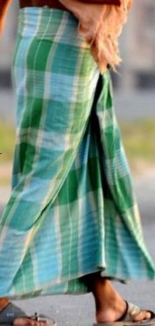
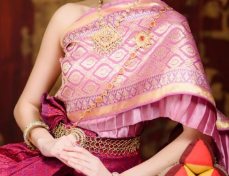
Sbai
In Thai ensemble, what is the shawl called?
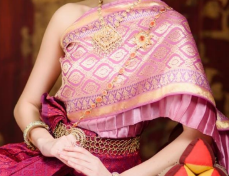
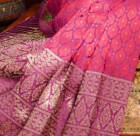
Na-Nang
the two front pleats in Sinh (Thai skirt)
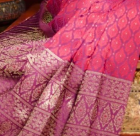
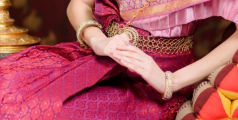
Sinh
wrap around skirt in Thai women ensemble
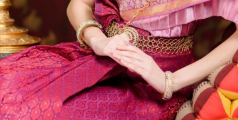
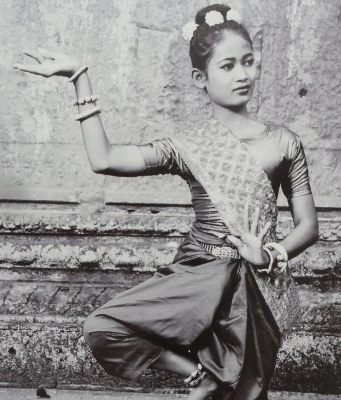
CHONG KHBEN
unisex draped pants in Cambodia, Laos, and Thailand
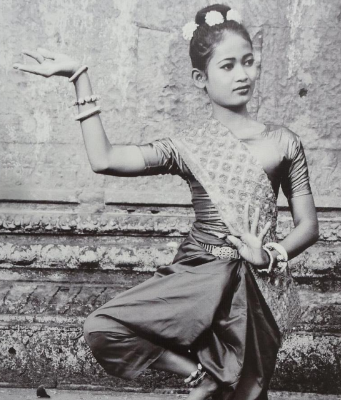
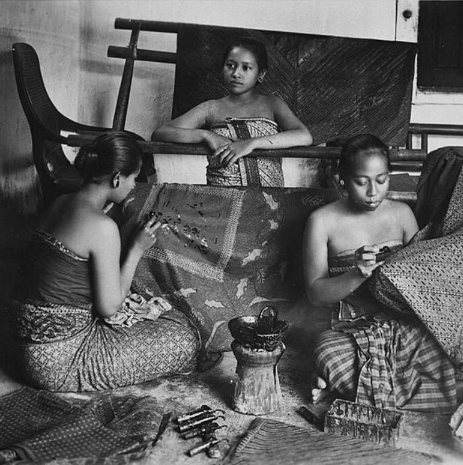
Kemben
Indonesian sarong dress wrapped on the chest
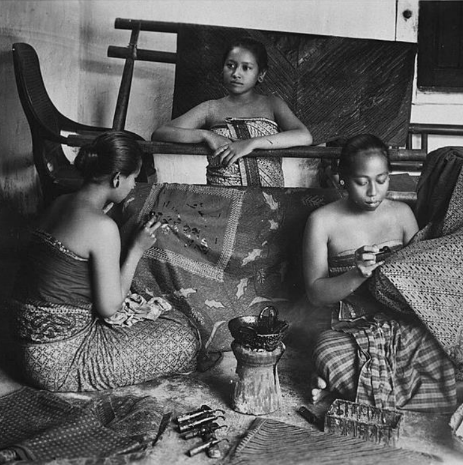
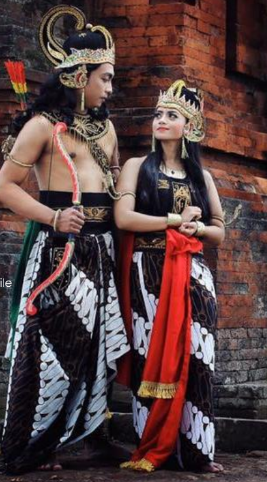
Sarong
Indonesian wrap-around textile
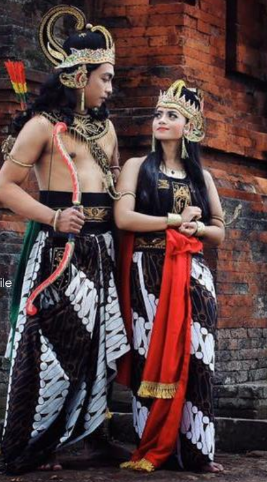
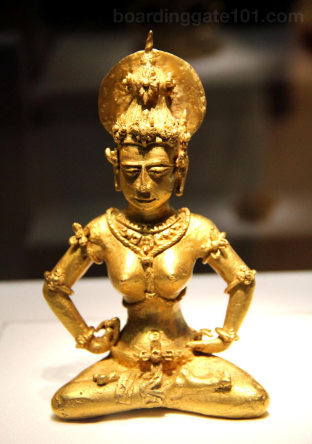
MAKUTA
symbol of divinity in Hinduism & Buddhism
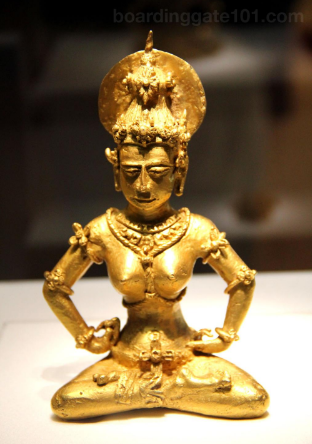
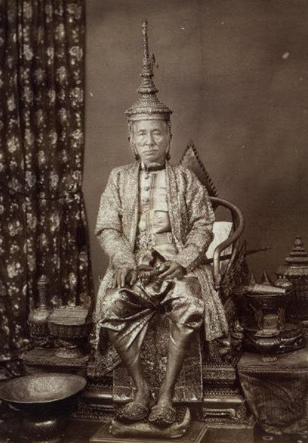
MANGKUT
royal crown in Thailand, Cambodia, Bali, etc.
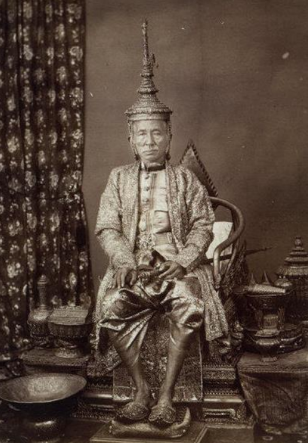
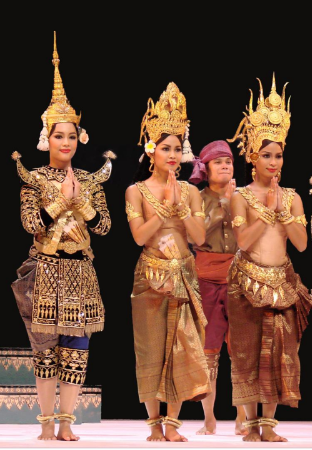
MOKOT
Royal ballet of Cambodia, many variants
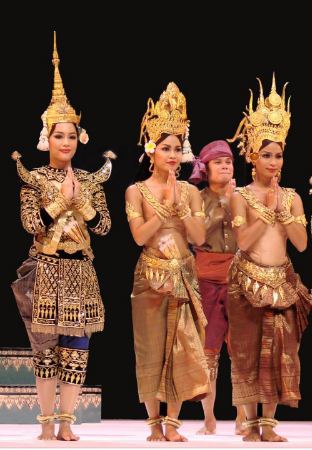
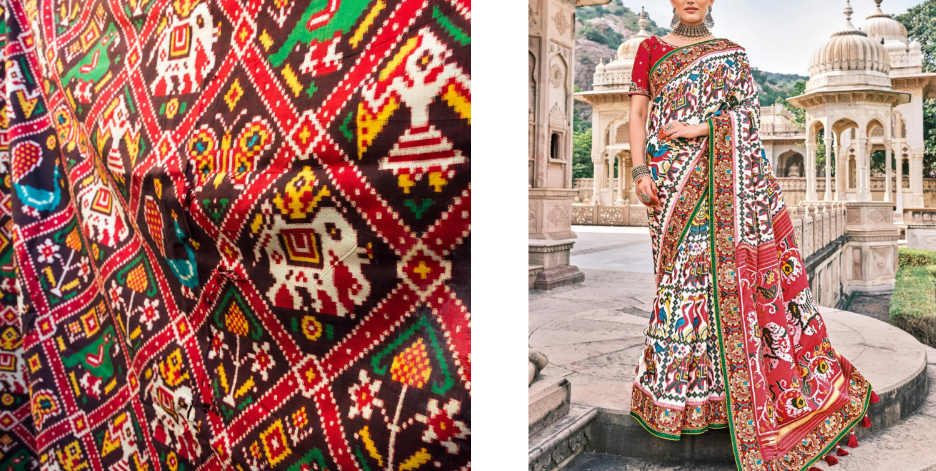
PATOLA
double ikat developed by the Salvi (weaver caste) of Gujarat, India
woven by two people
even the weft is also dyed
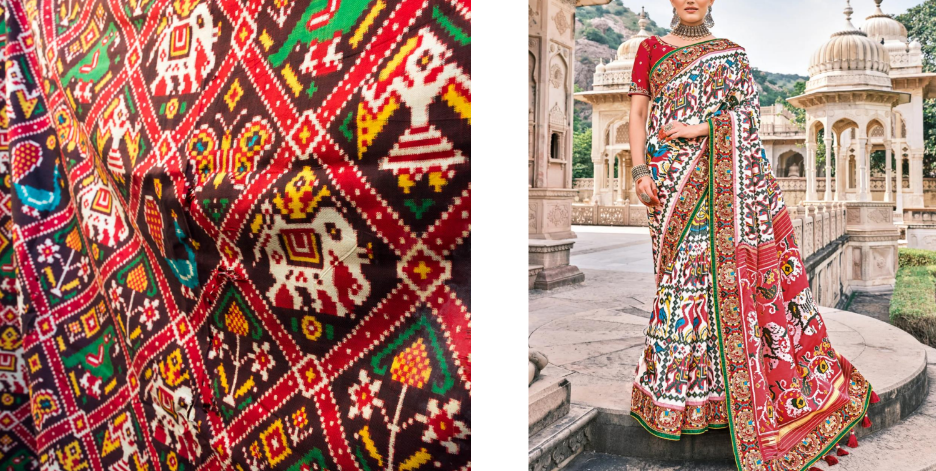
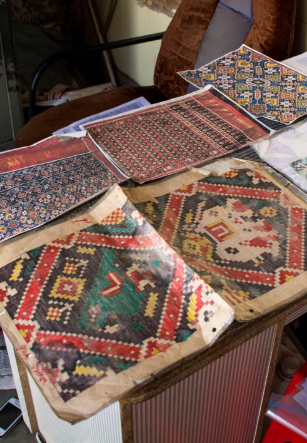
ILLUSTRATIONS
design on paper first, grid-like
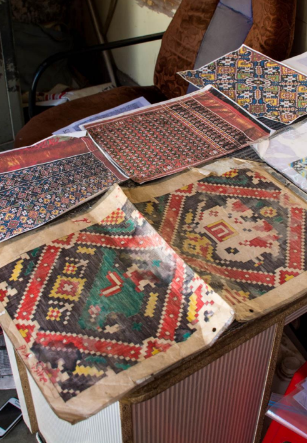
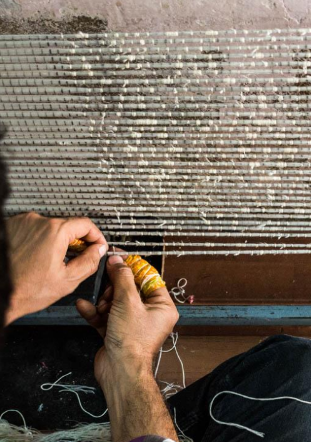
DOUBLE IKAT
textile technique where both the warp and weft threads are tie-dyed before weaving, is a tradition found in Bali (Indonesia), Okinawa (Japan), and Patan (India).
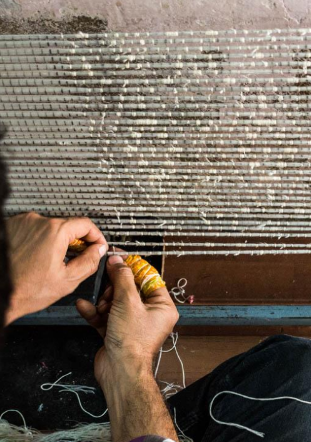
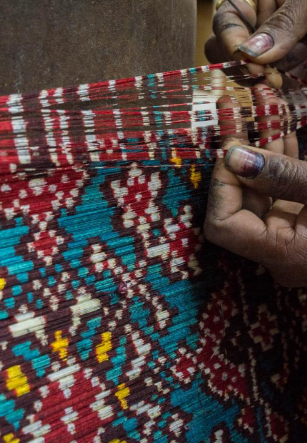
HANDLOOM
tilted up, woven by two people
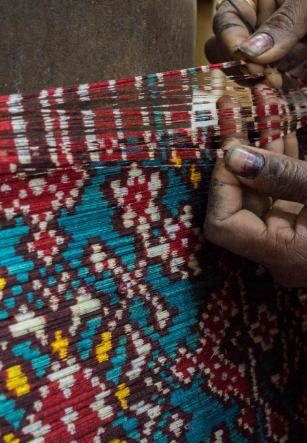
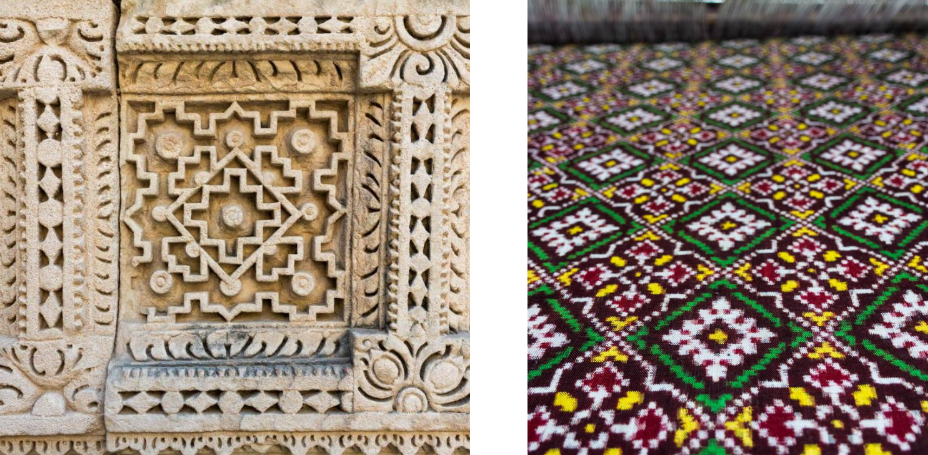
TEMPLE CARVINGS
geometric motifs inspired the Patolaand often depict religious themes and narratives.
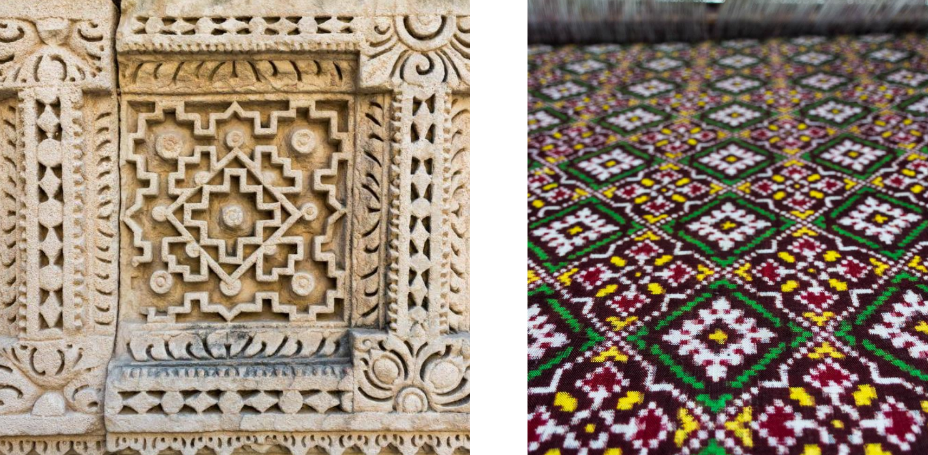
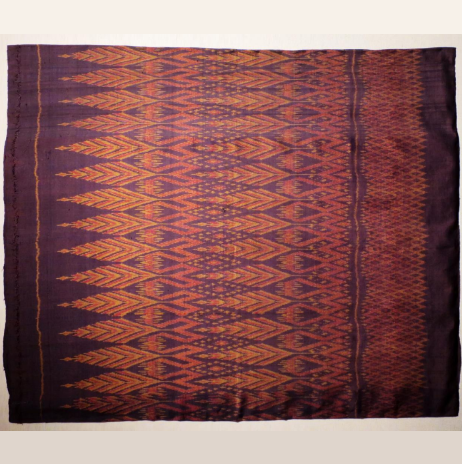
WEFT IKAT
another rare ikat technique, seen on this Thai sarong
Only the weft has color
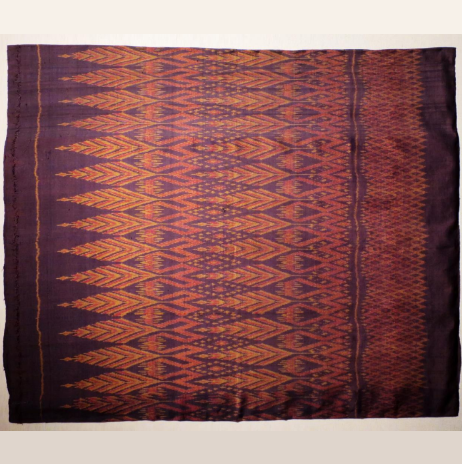
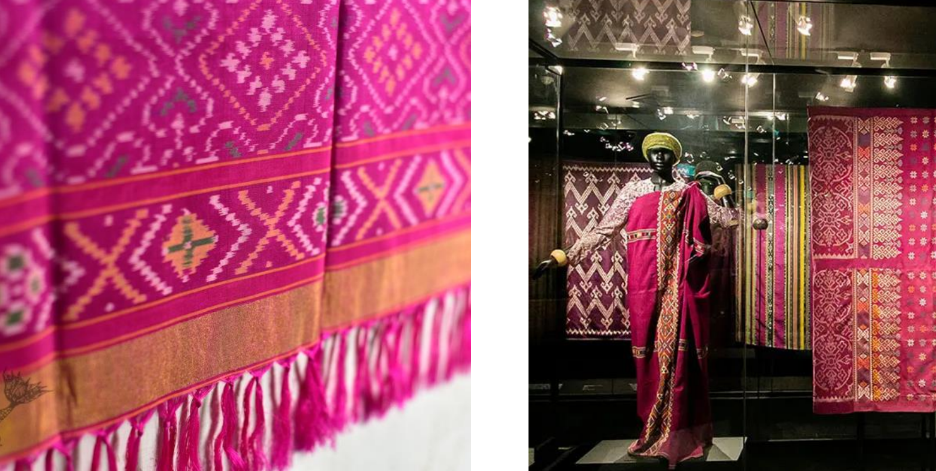
MALONG A ANDON
blurry motifs vertically and horizontally
double ikat
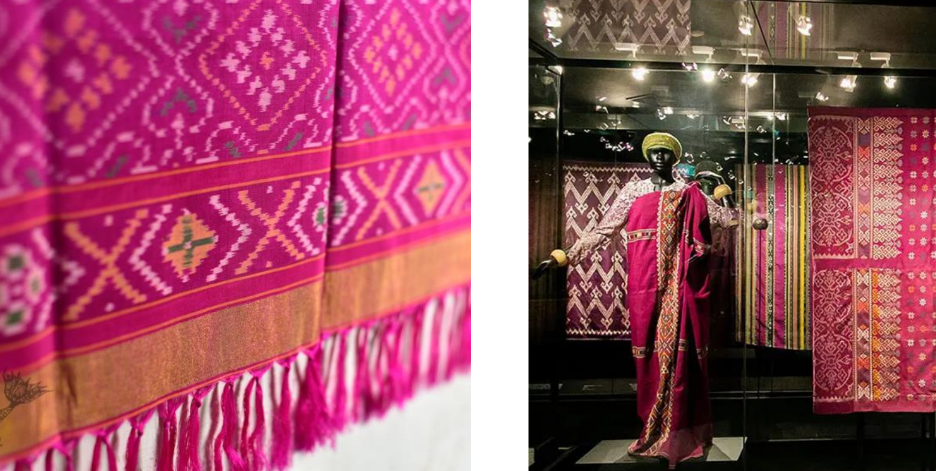
Islamic Renaissance
Begain in the 8th century
The Umayyad conquest reached Spain, which expanded the Silk Roads onto Europe.
Technologies from Asia were introduced, which revolutionized Europe’s textile industry
Under the Spain under Islamic rule for 700 years, Islamic art doesn’t depict humans and animals because of Quran’s passage about graven images.
Instead, abstract and geometrical.
Why do Islamic art doesn’t depict humans and animals?
Al Andalus
Spain under Islamic rule for 700 years
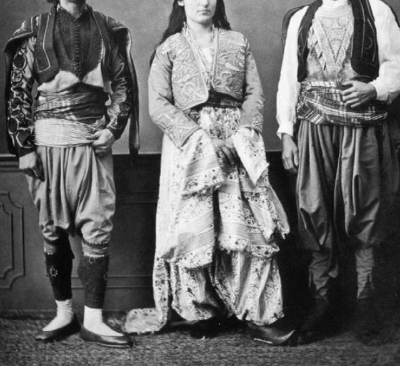
SIRWAL
baggy pants
originated from Turkish horse-riding nomads
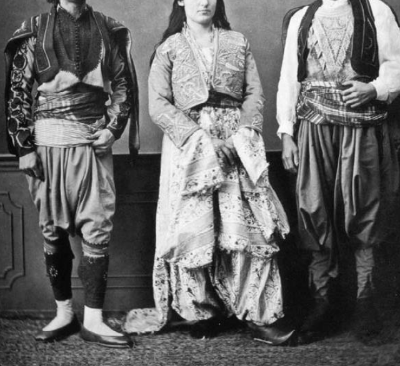
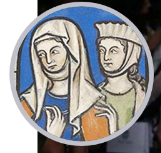
VEILING
tradition of many ancient cultures; sign of honor and status for women
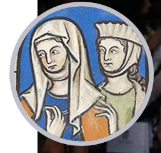
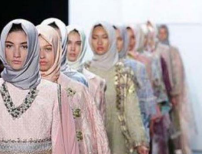
HIJAB
headscarf, visible face
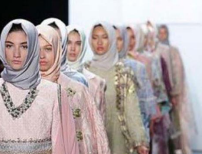
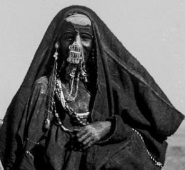
NIJAB
full veil, eyes are seen
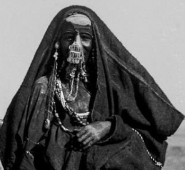
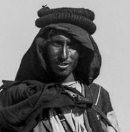
KEFFIYEH
men’s headwrap
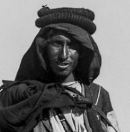
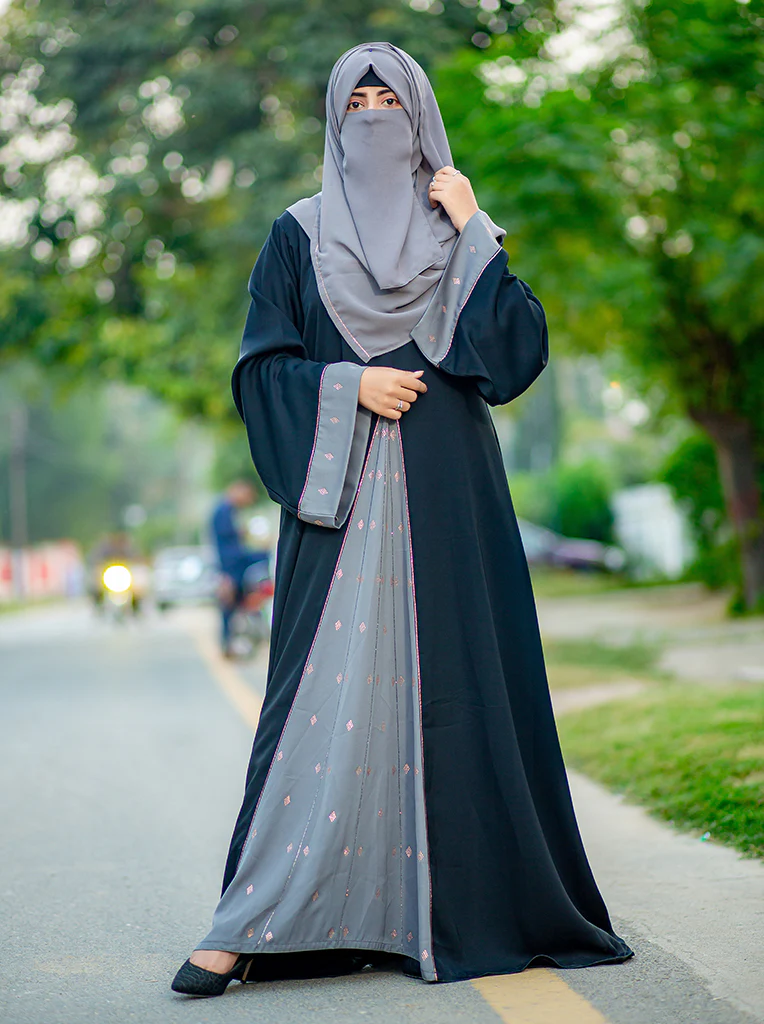
Abaya
Muslim oversized dress
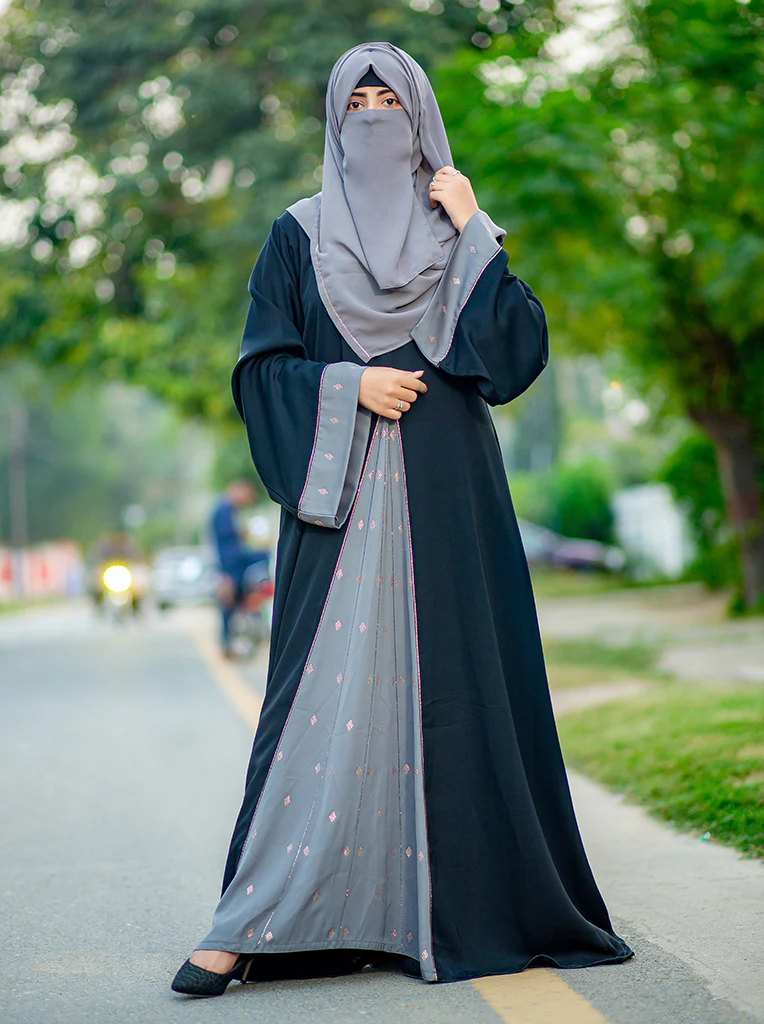
Aurat
refers to the nakedness by the Muslims
hair, arms and legs should be covered
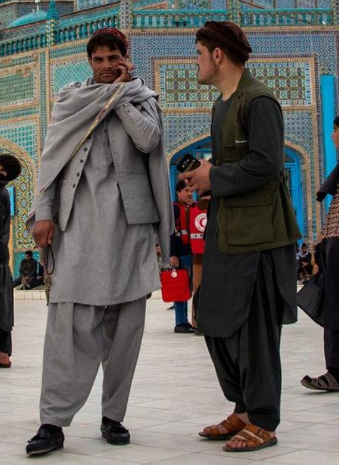
SHIRWAL KAMEEZ
ensemble of pants and a tunic
usually worn by Indian men
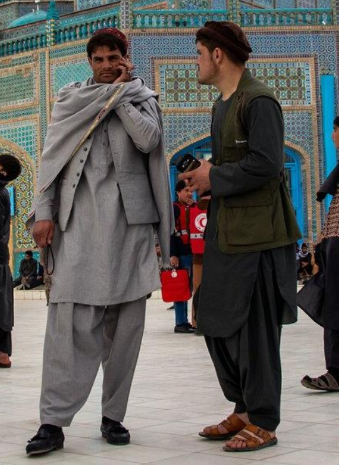
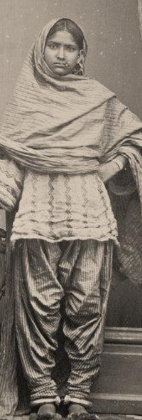
PUNJABI SUIT
from Northwestern India
Also known as Salwar Kameez
usually worn by Indian women
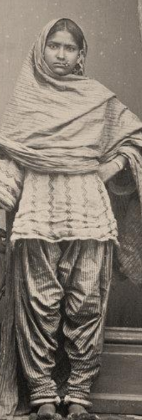
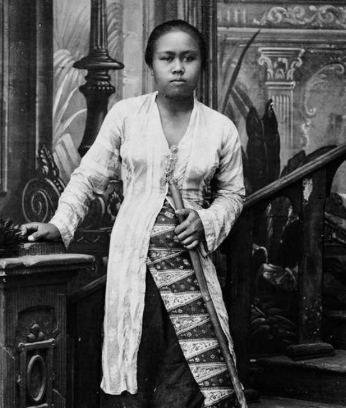
Kebaya Panjang
long, worn by nobility
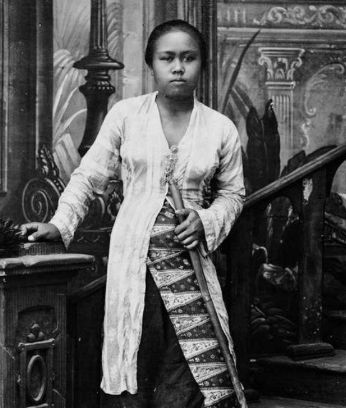
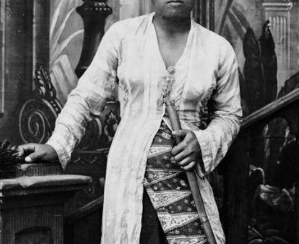
KEBAYA
worn over the kemben, adoption of Islamic values
upper garment
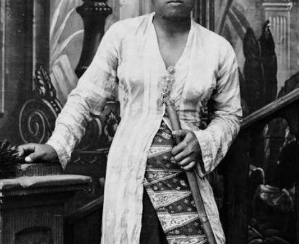
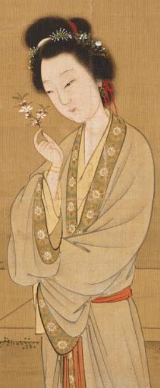
PERANAKAN
Chinese diaspora
generally refers to a person of mixed Chinese and Malay/Indonesian heritage. Many Singapore Peranakans trace their origins to 15th-century Malacca, where their ancestors were thought to be Chinese traders who married local women
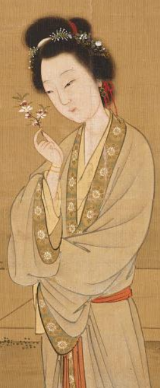
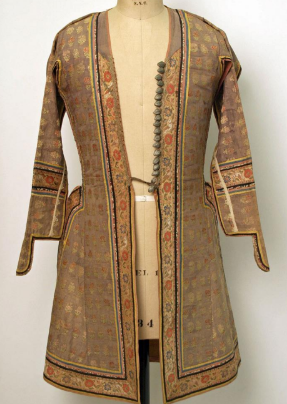
QABA
has a Turkish origin
one of the essential parts of the dress of the clerics or mosque leaders
long coat or robe
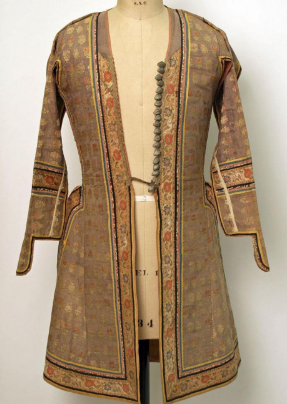
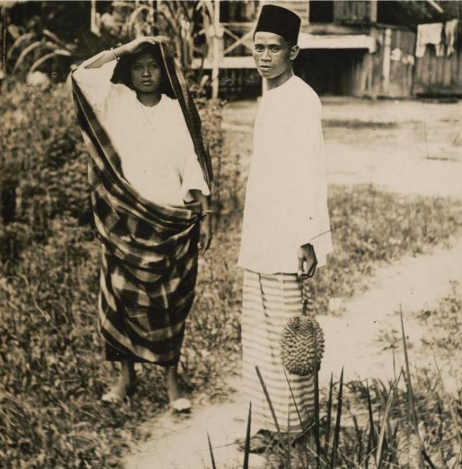
BAJU MELAYU (1459-1477)
decreed by Mansur Shar of Malacca (1459-1477)
The national dress of Malaysia and Brunei is typically worn during official events and functions.
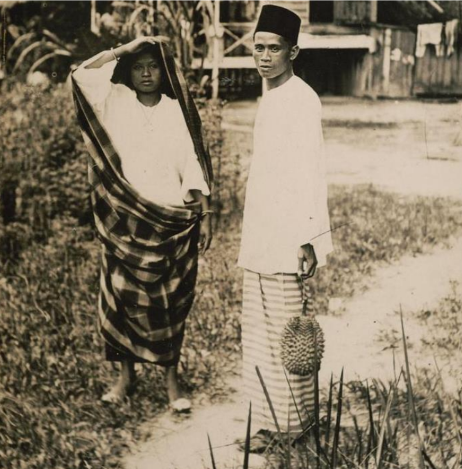

SONGKOK
Muslim cap

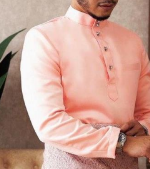
BAJU
Ming collared top
traditional Malay long-sleeved and high-collared shirt worn by men
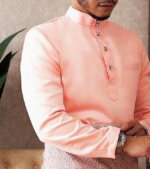
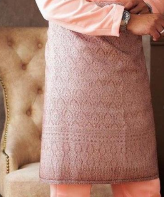
SAMPIN
Sarong wrap
a traditional Malay skirt-like adornment worn with the "Baju Melayu" (Malay attire) during formal occasions
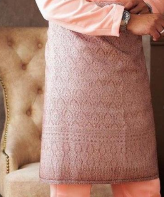
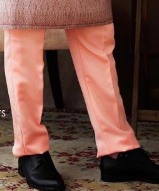
SELUAR
matching pants
traditional trousers worn with the "Baju Melayu" and other Malay attire.
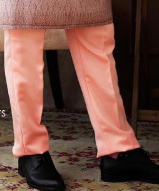
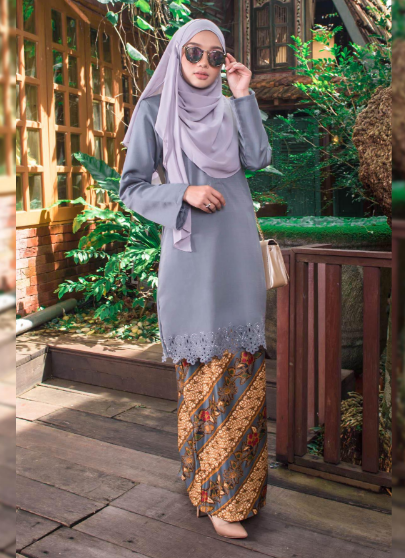
BAJU KURUNG
ensemble for women
national dress of Malaysia
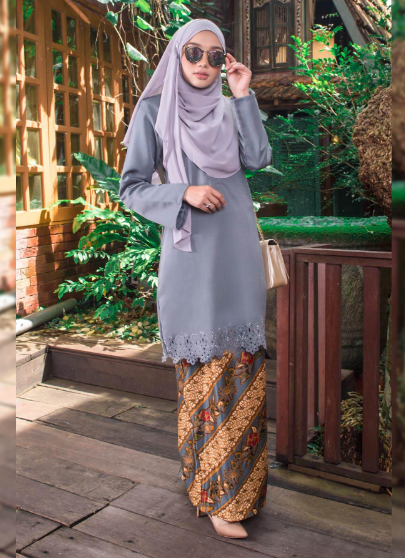
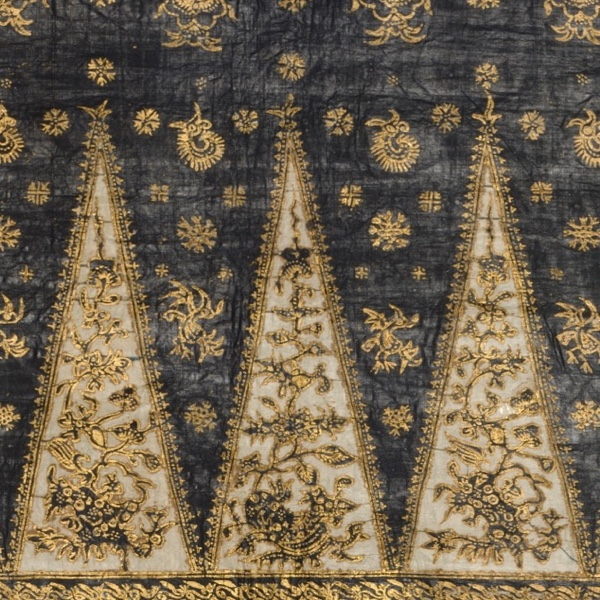
TUMPAL
Triangular motif
Indonesian name for a triangular motif
This triangle motif's meaning is divinity, knowledge, and power.
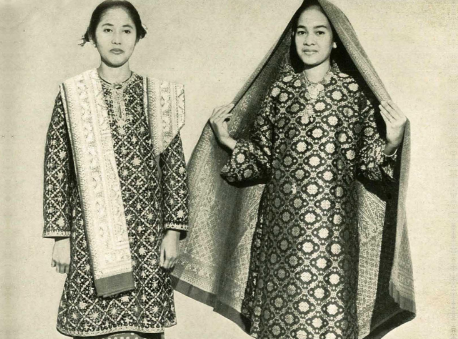
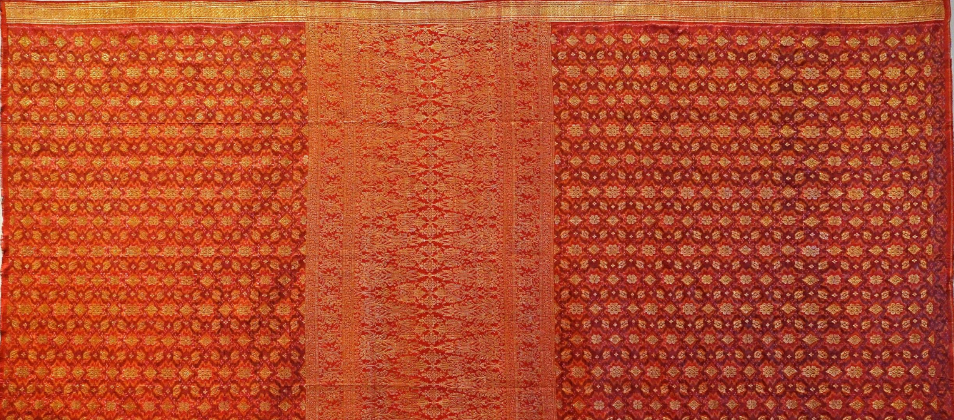
SONGKET
brocade with metallic threads
a tenun fabric that belongs to the brocade family of textiles of Brunei, Indonesia, and Malaysia.
It is hand-woven in silk or cotton, and intricately patterned with gold or silver threads.
The metallic threads stand out against the background cloth to create a shimmering effect.
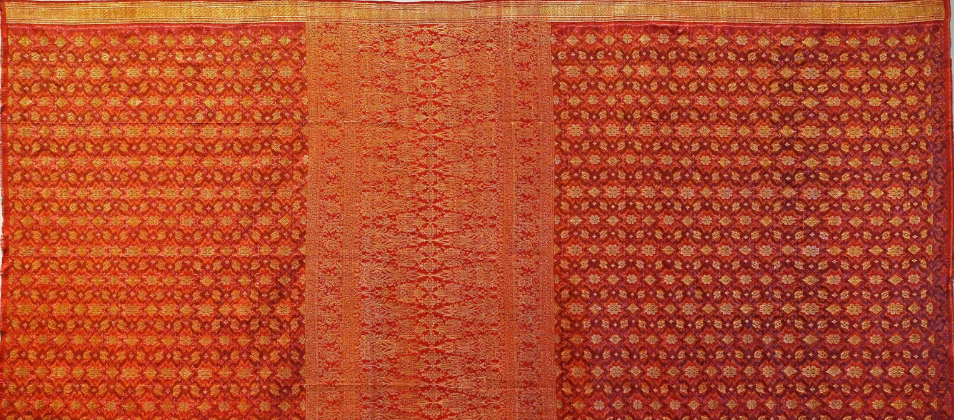
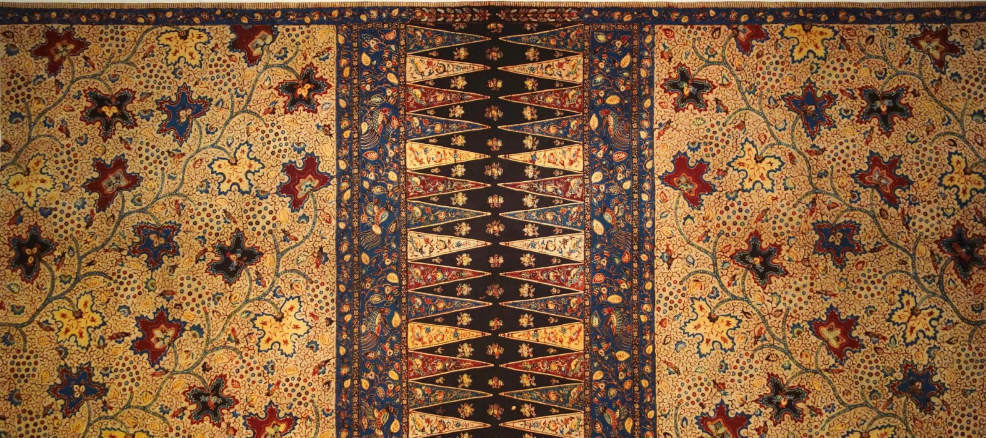
COASTAL BATIK
Indicative of the multi-cultural maritime trade in Nusantara
Representational motifs, except people and animals because it is haram (forbidden) in Islam
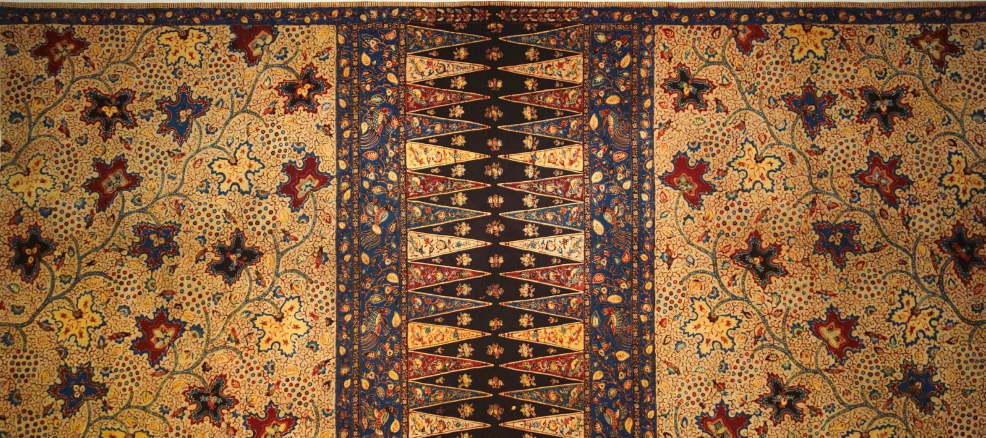
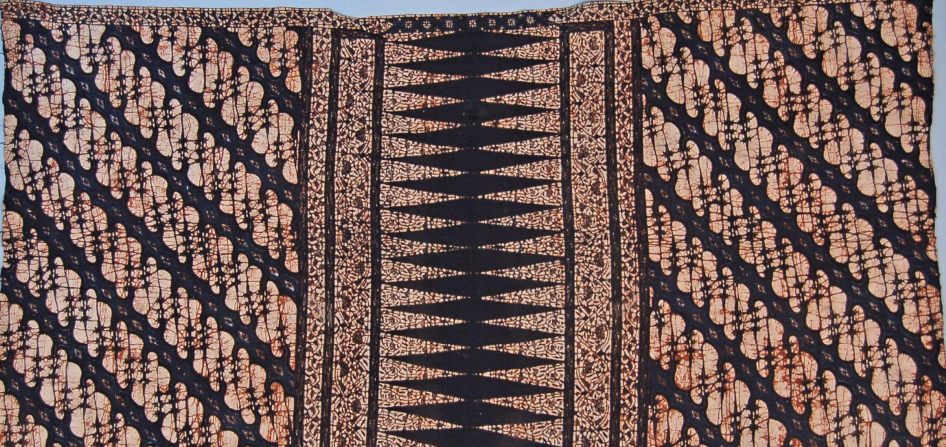
INLAND BATIK
Little influence from seafaring merchants, hence, the indigenous motifs.
Earth tones and abstract patterns.
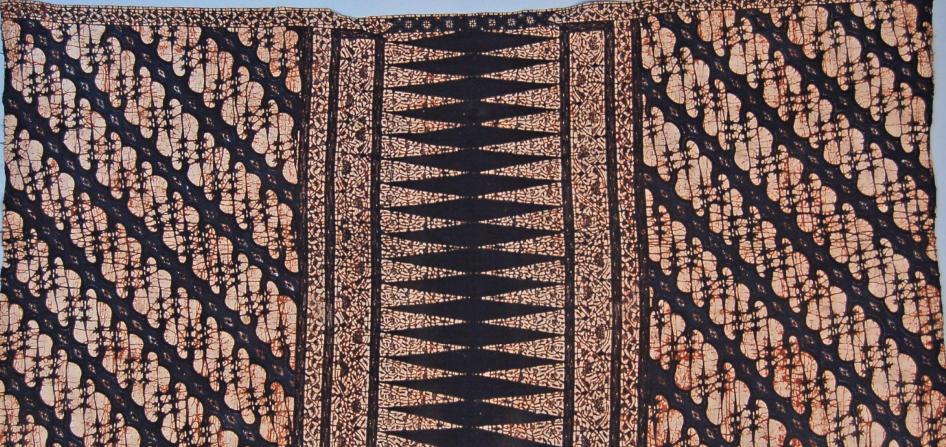
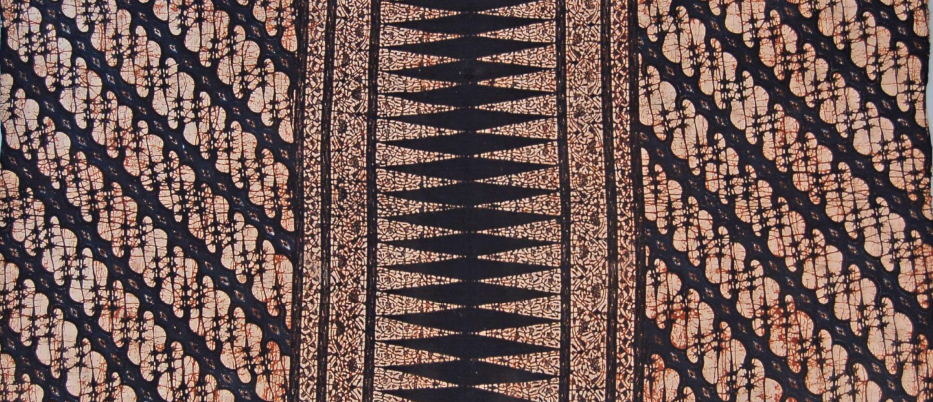
Parang
Oldest batik motif
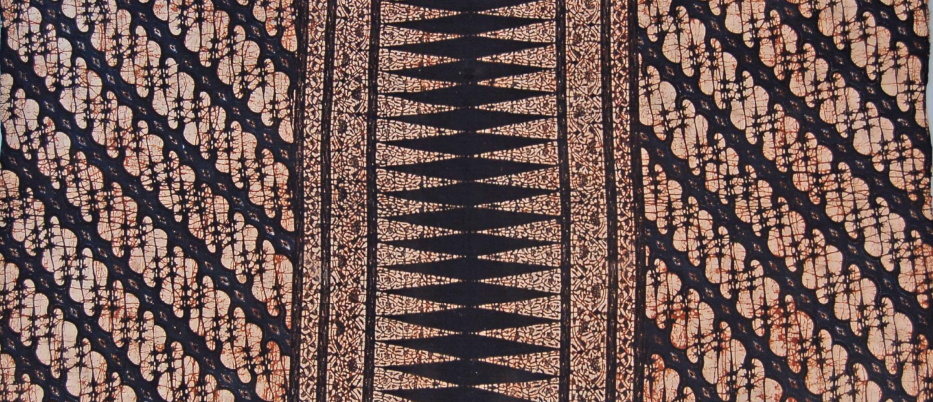
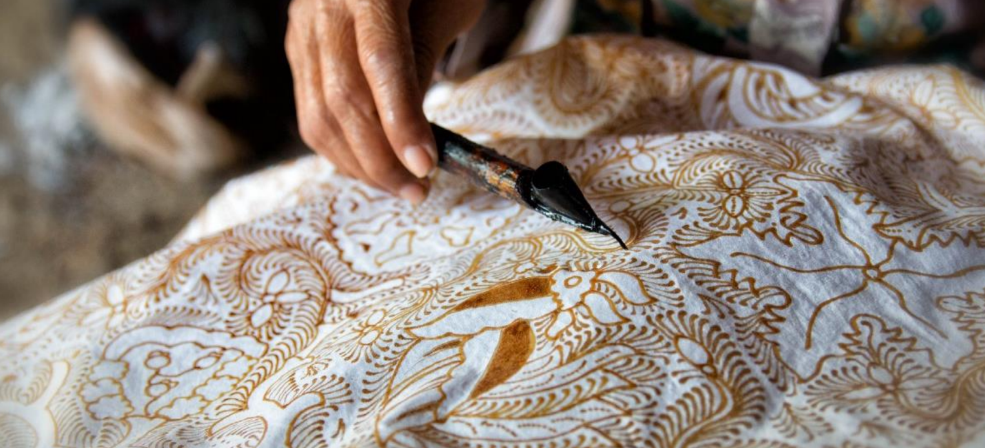
CANTING TULIS
equipment to trace the pattern with wax in Batik dyeing
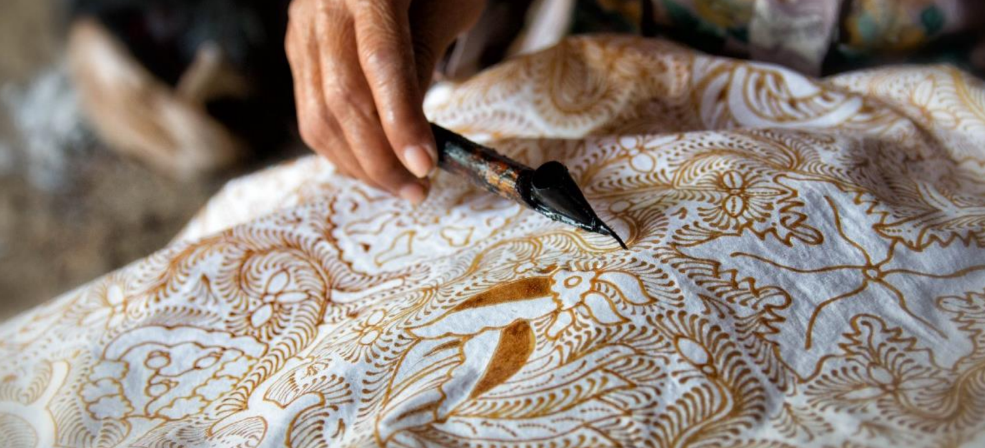
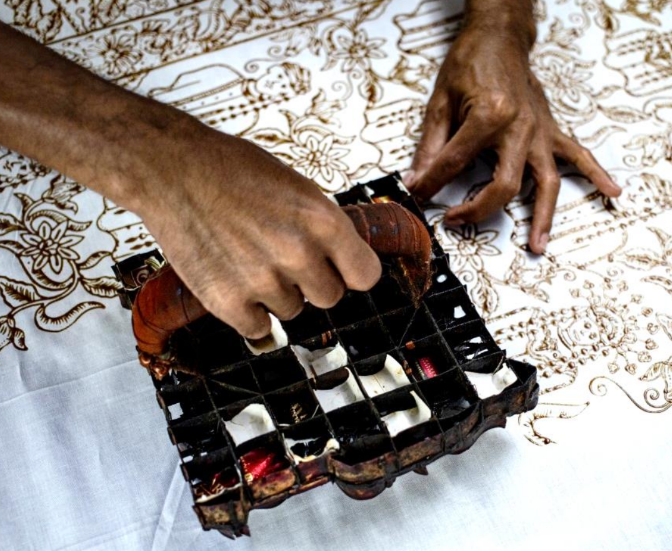
CAPPING METHOD
stamping the wax on the cloth
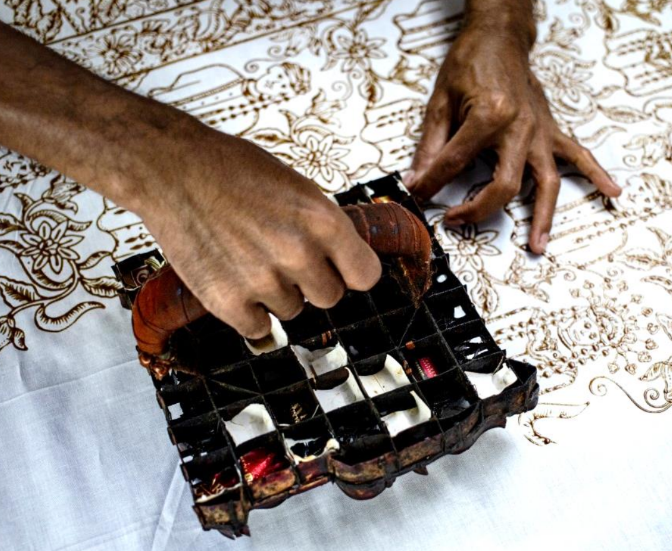
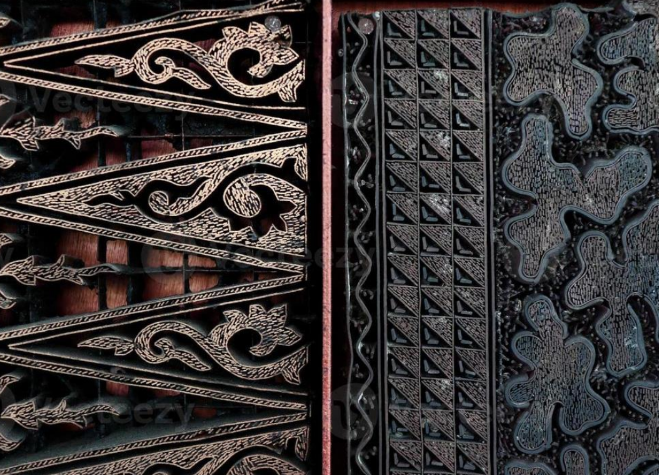
CAP STAMP
innovation in the 19th century that is used in capping method
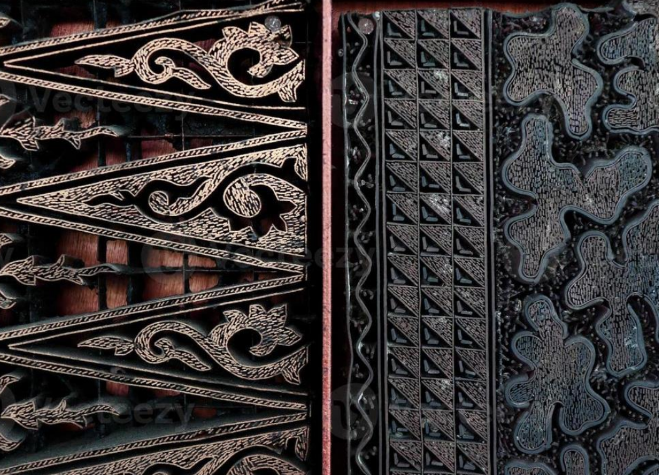
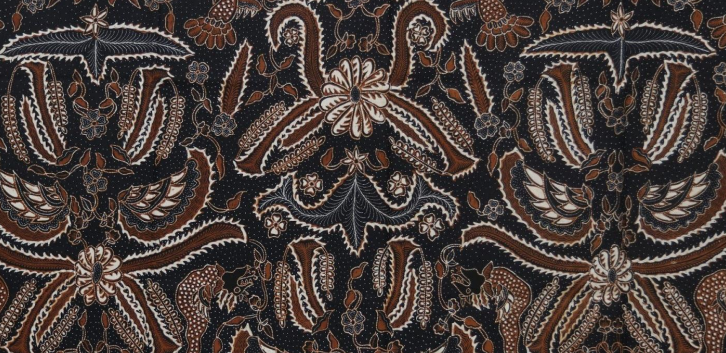
BATIK IRENGAN
black style
associated with magic
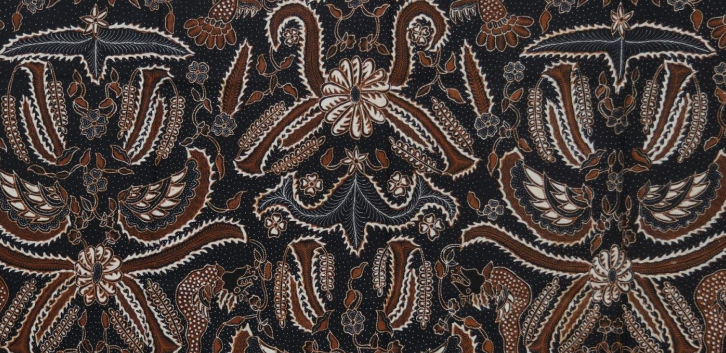
PEOPLE OF THE BANGSAMORO
indigenous communities with Austronesian ancestry who practiced Islam since the Medieval period
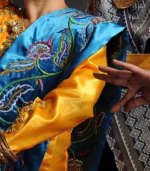
SAKLAY
shawl worn on the shoulder of the people of Bangsamoro
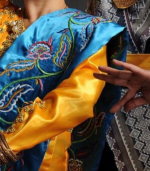
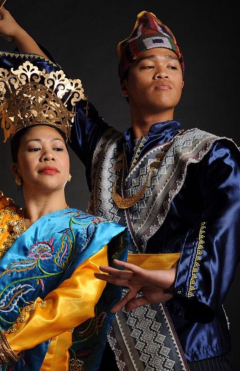
BAJU LAPI
long-sleeved blouse of the people of Bangsamoro
known as Badjuh Lapih (men's upper garment) and Badju Lapi (female upper garment) are usually paired with a Sawwal, a pair of Yakan fabric trousers with vertical stripes
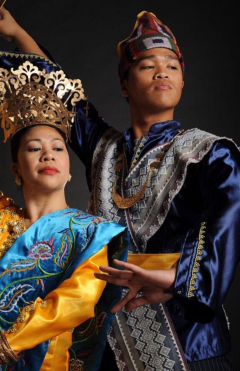

JANGGAY
refers to the long metallic nails of the Tausug
usually metal or aluminum fingernail extensions used to accentuate the movements of the Pangalay dance.

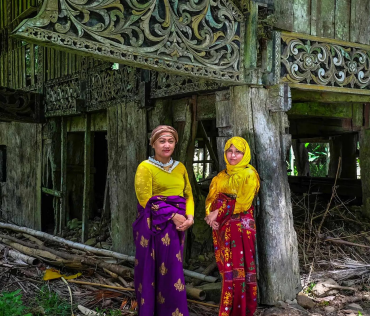
Malong
tubular textile with various uses like skirt, cloak, bag, etc. in Maranao
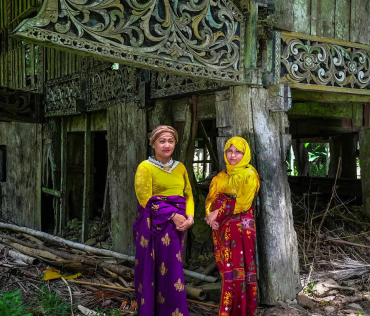
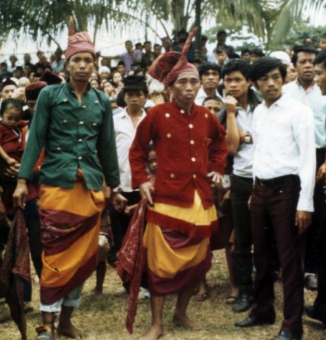
royal colors
What does gold and magenta colors represent in Maranao’s Malong A Landap?
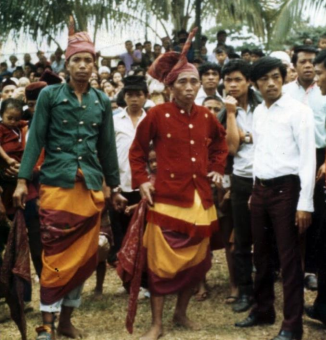
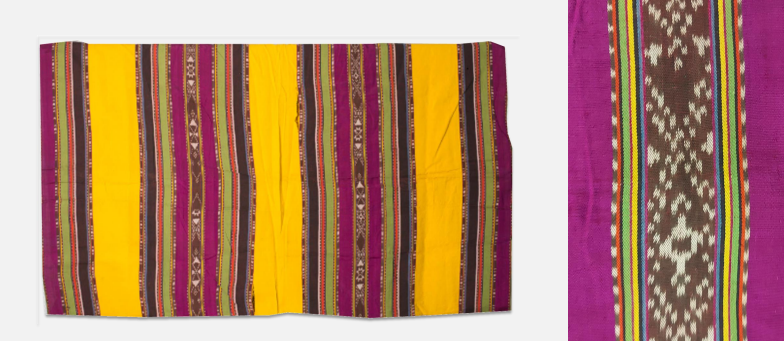
BALUD MALONG
Malong that has aquatic motifs which represent home and culture in Lake Lanao
Fine-thread malong, with ikat on selected parts only
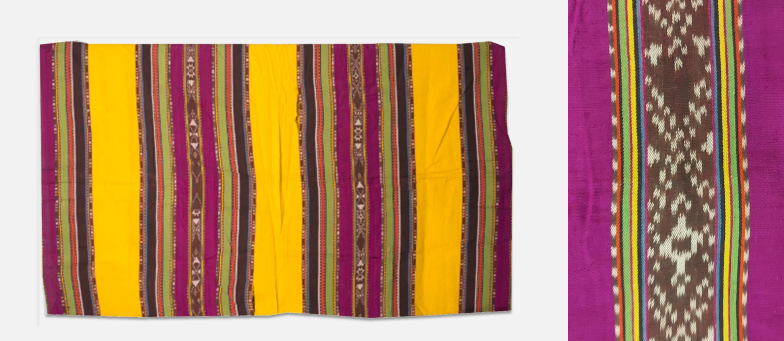
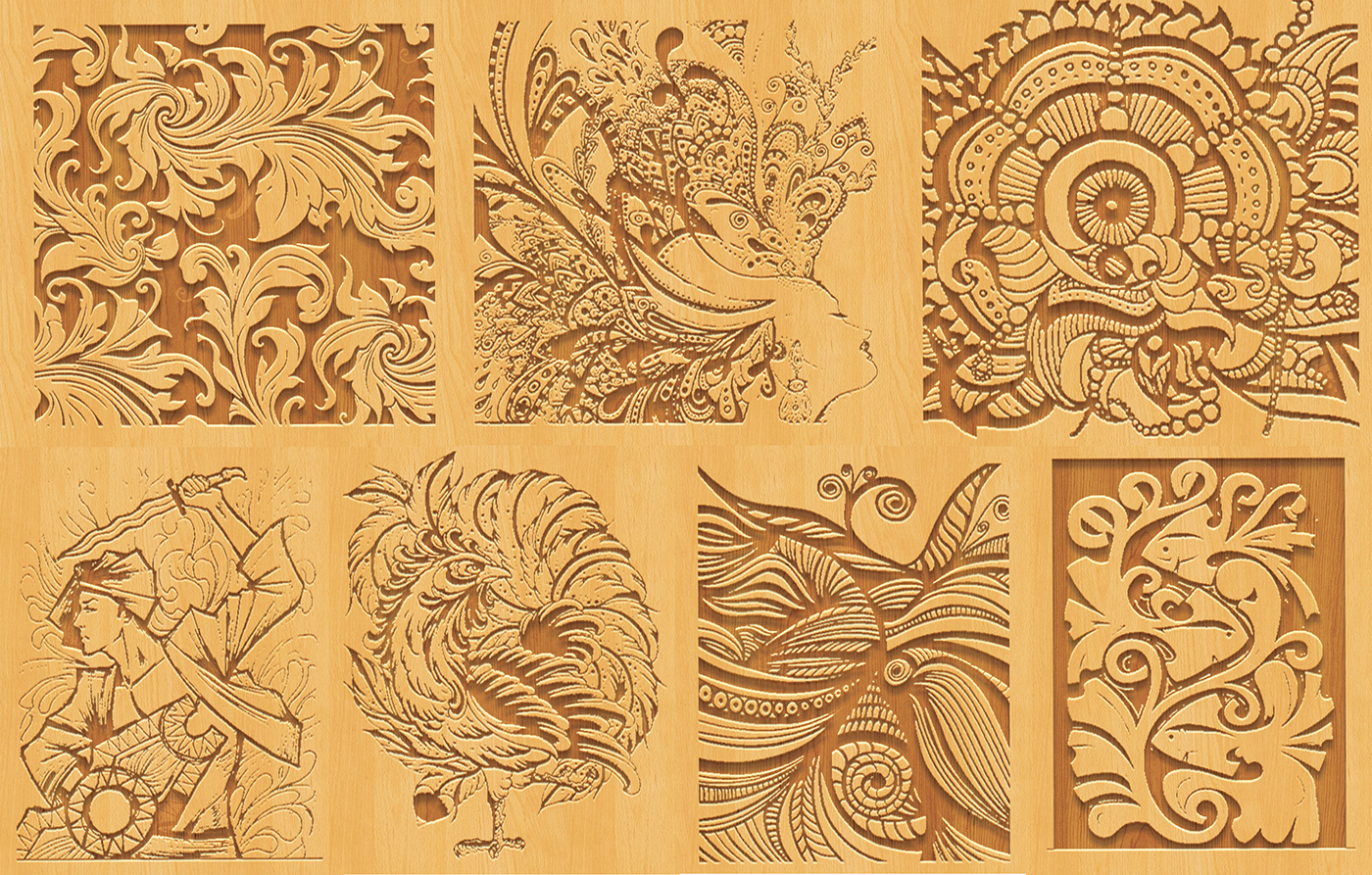
OKIR
has an indigenous origin
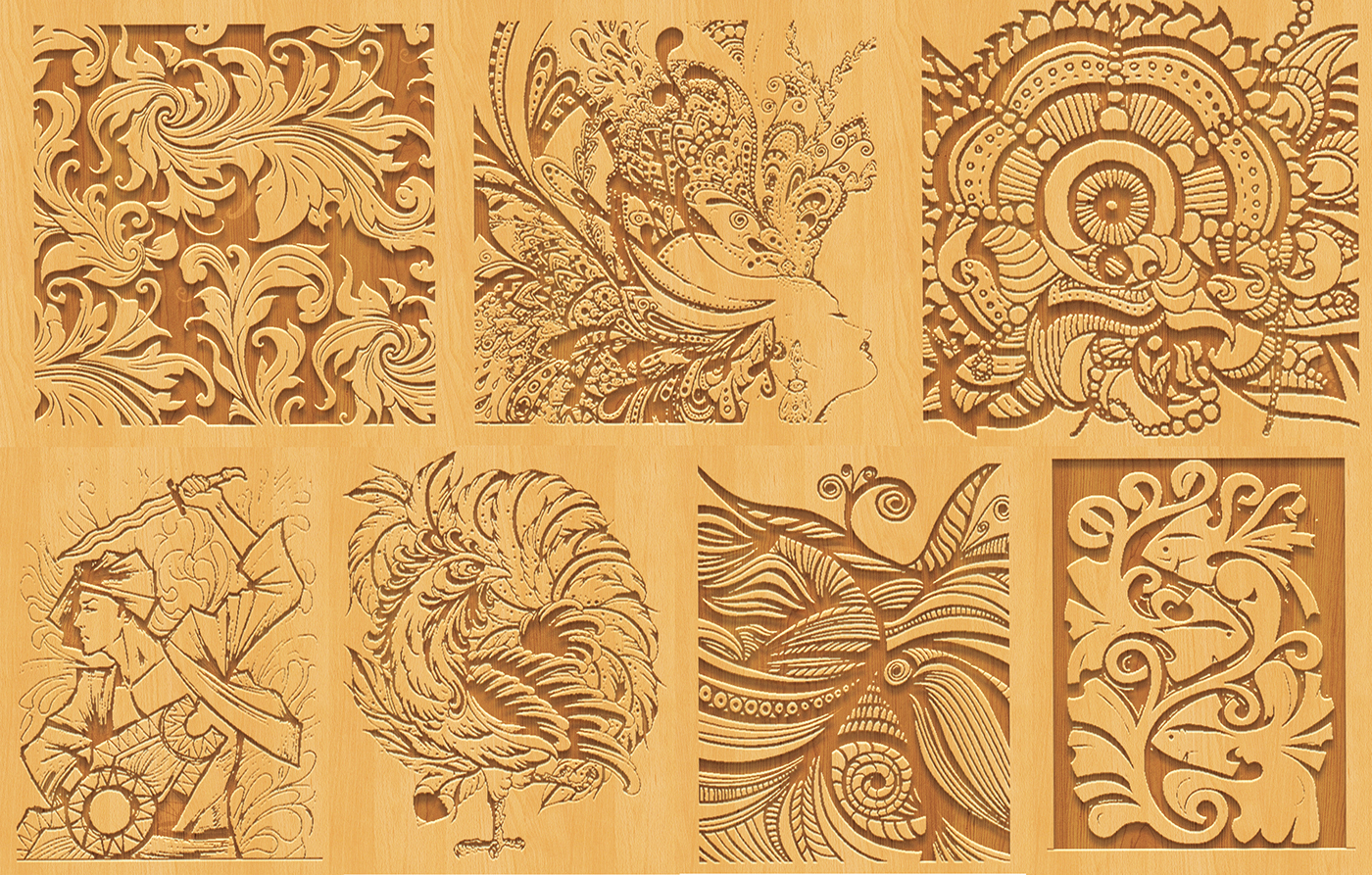
SILK THREADS
has a Chinese origin
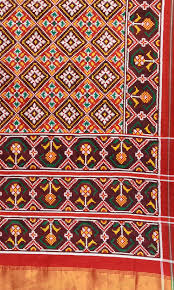
PATOLA IKAT
has an Indian origin
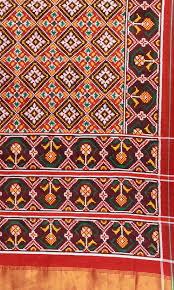
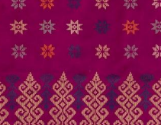
GEOMETRIC
has an Islamic origin
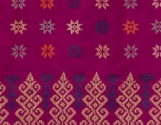
Larger looms
What was developed during the Medieval period to accommodate demand of cotton and silk?
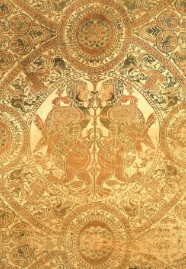
SPANISH SILK
industry brought in by the Muslims
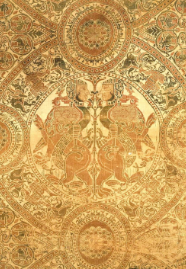
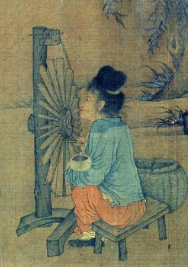
SPINNING WHEEL
Medieval invention from India and China
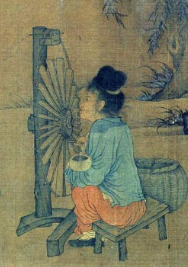
long sleeves and pants
What is the usual combination of clothing of people of Bangsamoro?
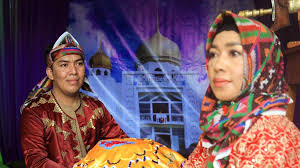
PIS SIYABIT
a traditional Tausug headcloth tapestry from Sulu, Philippines, known for its vibrant geometric patterns and intricate weaving technique
Islamic geometric patterns
Full of symmetry, rotation and tessellation
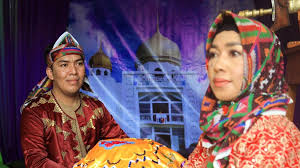
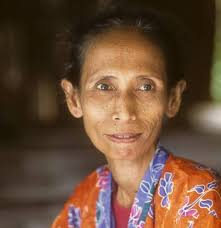
DARHATA SWABI
was a Filipino weaver from Parang, Sulu known for pis syabit, a traditional Tausūg cloth tapestry worn as a head covering by the people of Jolo.
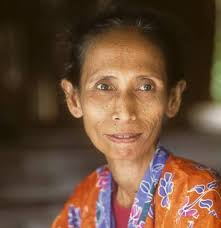
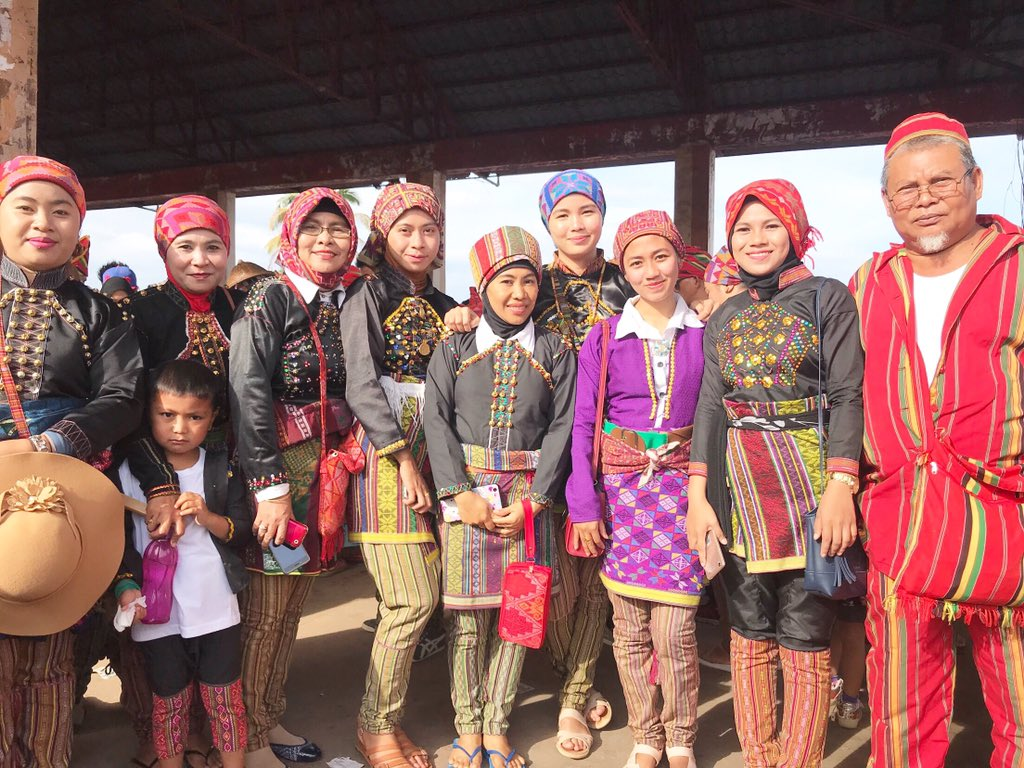
SAWAK PEYAT
richly woven pants worn by both men and women of Yakan
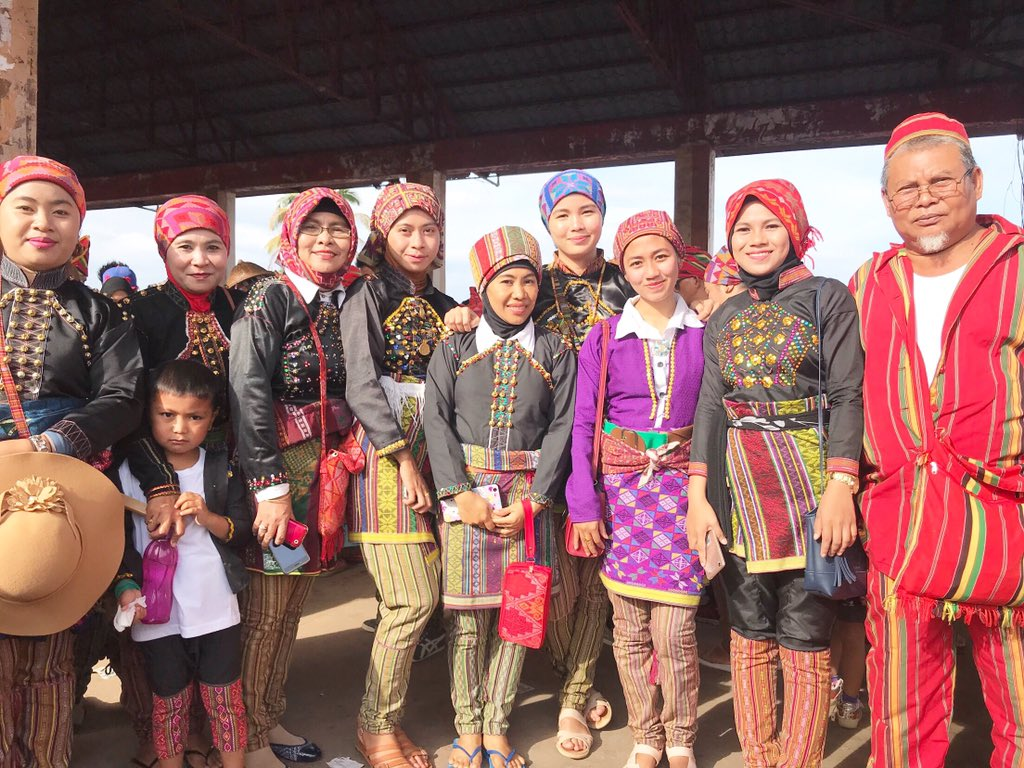
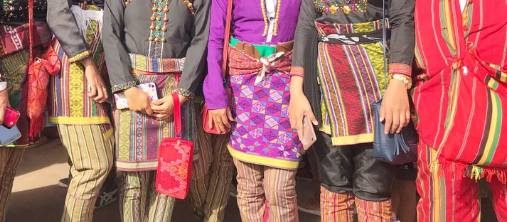
OLOS
women’s wrap over pants
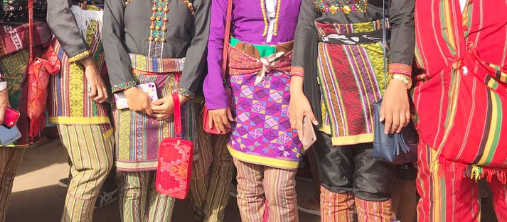
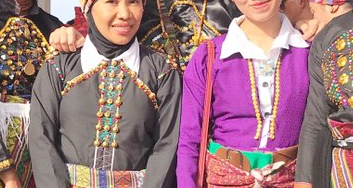
LAMBUNG
refers to the white collar of badju (blouse) worn by Yakan women
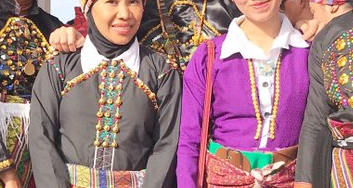
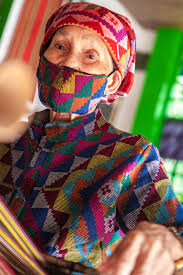
SEPUTANGAN
A head cloth worn by the People of Yakan of Mindanao.
The warp and primary weft are of cotton and the supplementary weft is silk.
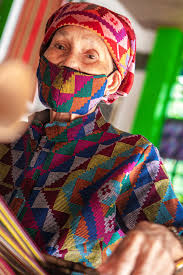
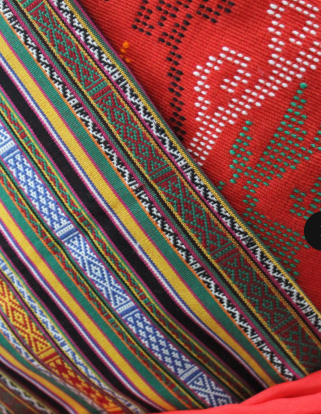
SINELU’AN
intricately woven fabric with very small motifs
The woven cloth used for the trousers (sawal) of Yakans
It has tiny diamond designs arranged in columns between stripes resembling the sections of the bamboo.
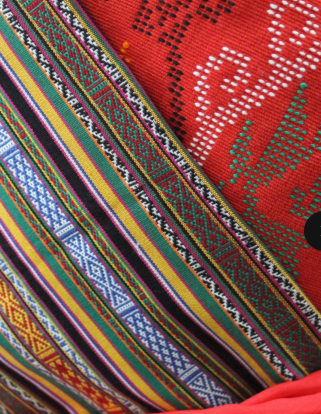
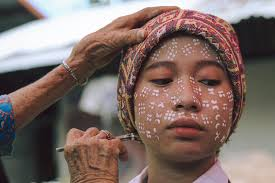
TANYAK TANYAK
face paint worn by wedded couple in the culture of the Yakan
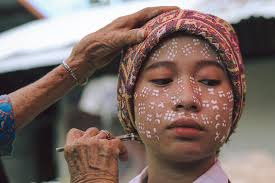
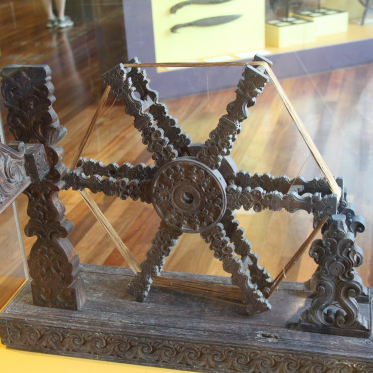
OKIR
curvillienar motifs inspired by nature, seen in this spinning wheel
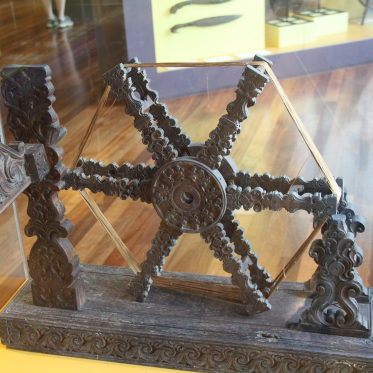
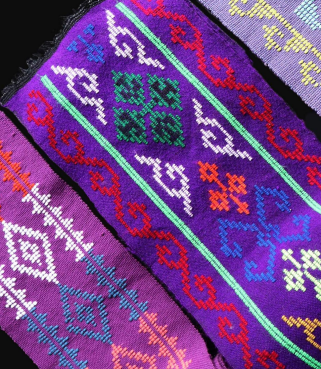
SARIMANOK
also known as papanok in its feminine form, is a legendary and mythical bird of the Maranao people, who originate from Mindanao
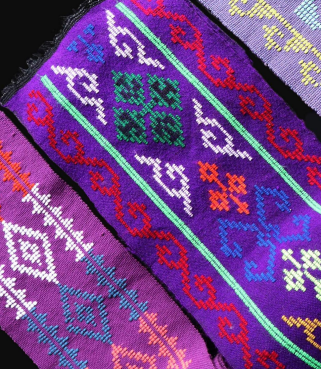
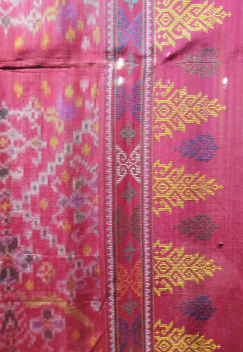
MALONG A ANDON
patola ikat + tapestry + pinilian weave
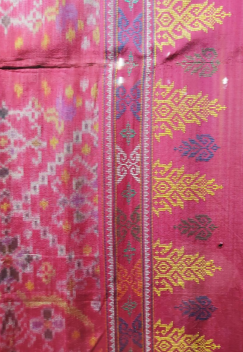
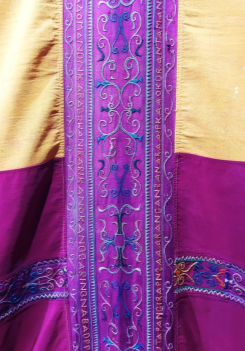
LANGKIT
In Maranao, this is the vertical band that closes the malong
a strip of multi-colored fabric woven to bind pieces of textile or embroidered to complement the malong's appearance or pattern
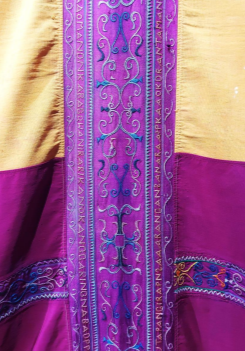
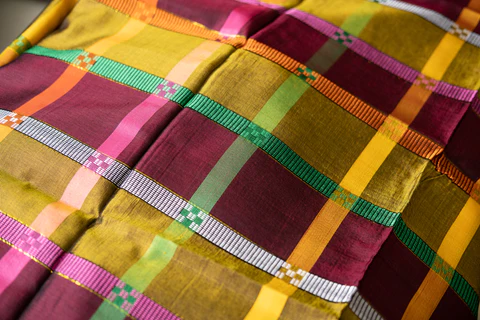
checks and stripes
What is the usual designs of malong for everyday wear?
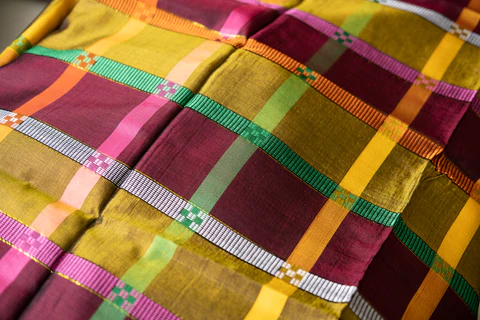
Bombyx mori
also known as silkworm, is a Lepidoptera insect famous for producing silk and is the backbone of the silk industry